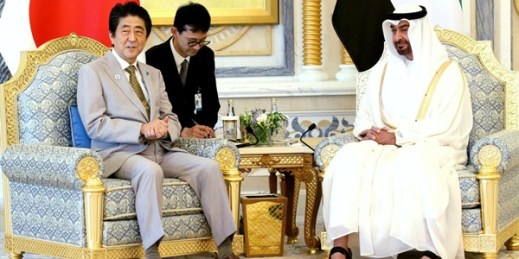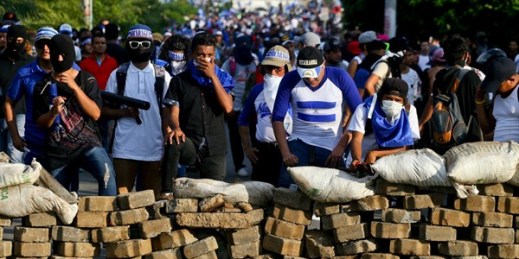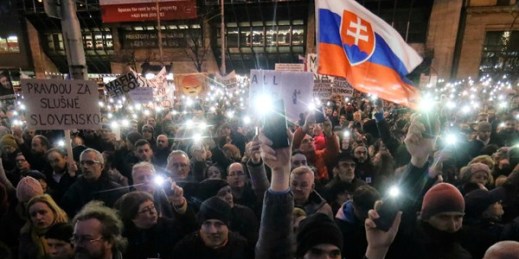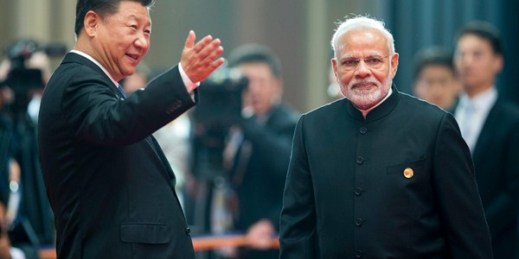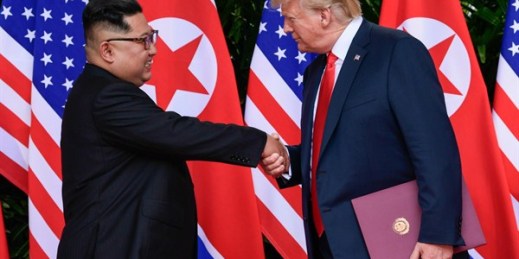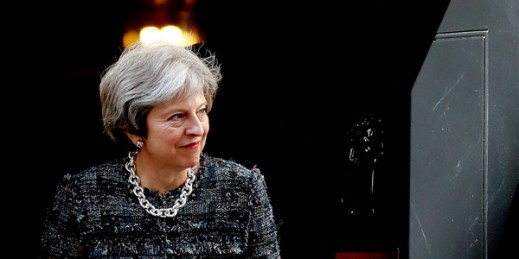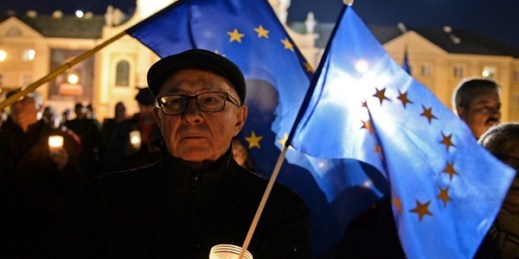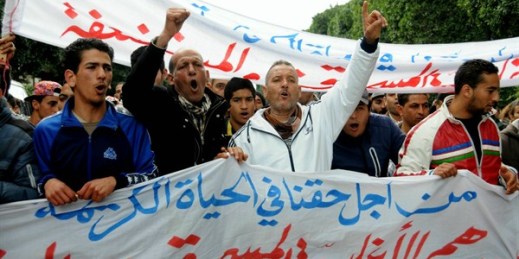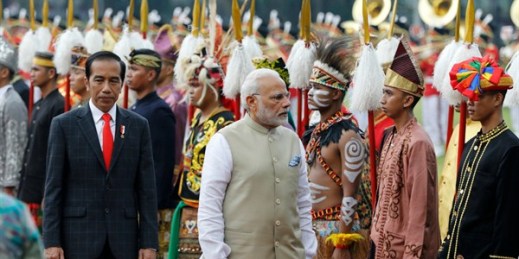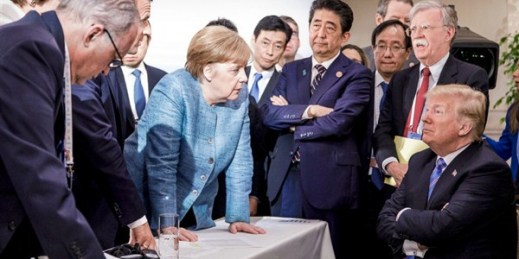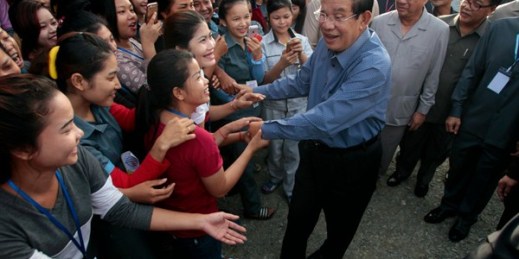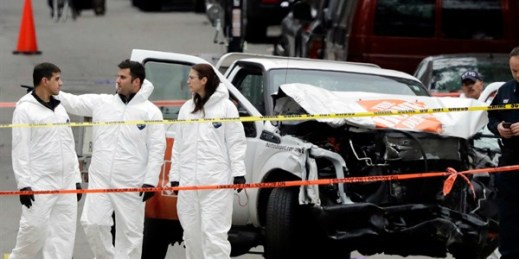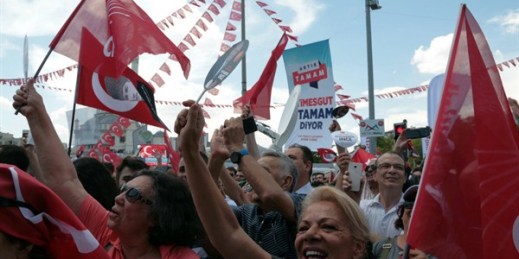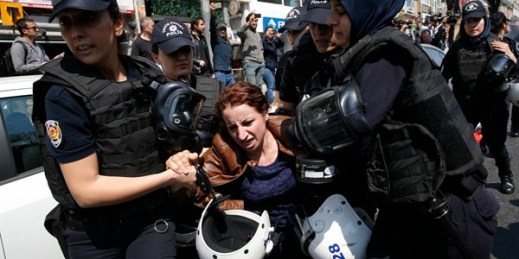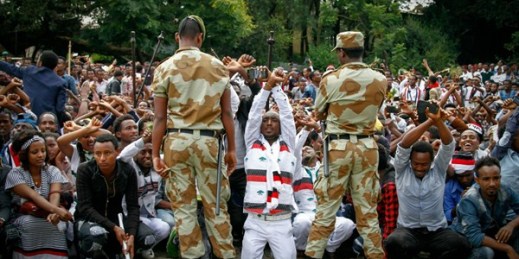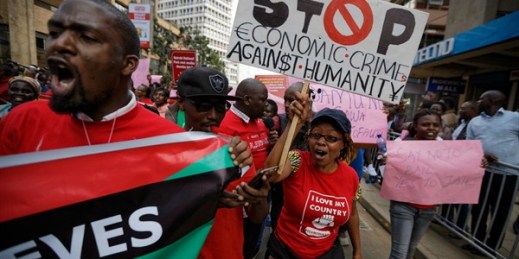
It seemed, at first glance, like a fairly humdrum story about bilateral cooperation among African officials. Earlier this week, The Star, a Kenyan newspaper, reported that lawmakers from Zambia had traveled to Kenya to meet with members of the government’s Ethics and Anti-Corruption Commission at their offices in Nairobi. The Zambians’ goal, the report said, was “to learn how to effectively fight corruption.” In the current political environment in Kenya, however, the story prompted immediate expressions of derision and exasperation. As it made the rounds on social media, a number of Kenyans made clear their conviction that if Zambian officials […]

